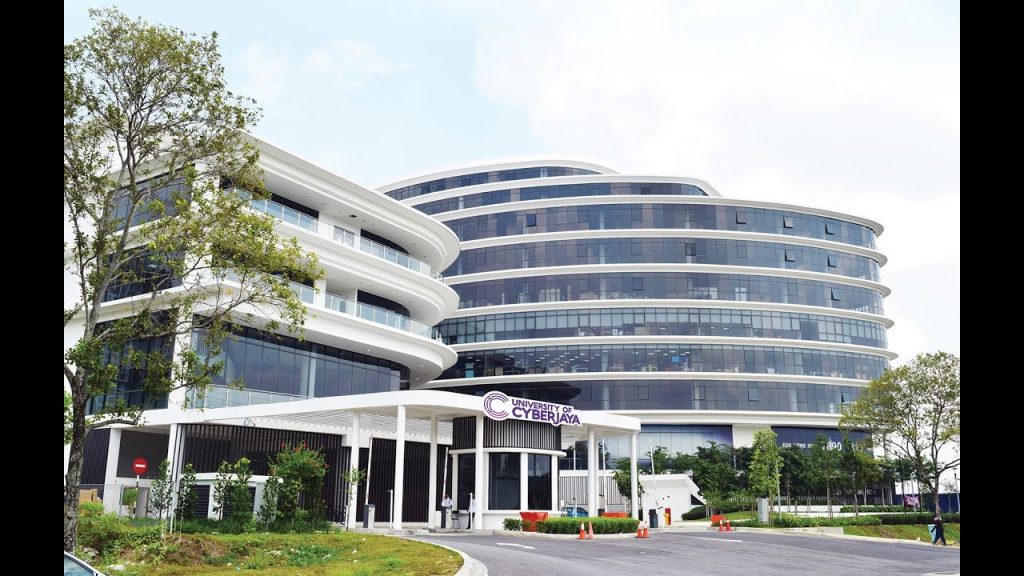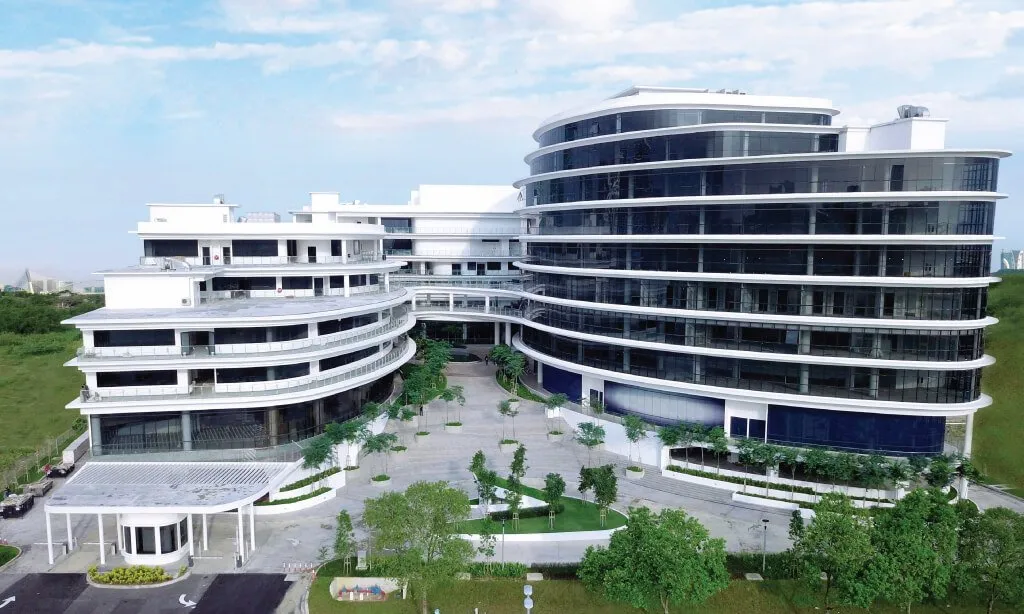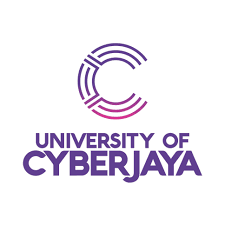Overview
Is a Biomedical Engineering Technology degree for You?
The medical field is changing rapidly, and new technology are being introduced that have the potential to completely alter how treatments are delivered. Biomedical engineering technology is responsible for some of the most exciting medical technology advances, and is also one of the most rapidly growing fields in medicine and technology.
At UoC, you will gain exposure to and experience a variety of medical devices and equipment, including patient monitors, electrocardiographs, infusion devices, ventilators, patient-care computers, and other related medical devices.
Our biomedical engineering technology degree programme provides an in-depth knowledge of various fields within the biomedical engineering technology sphere such as medical instrumentation, biomechanics, biomaterials, medical imaging and image processing, biomedical signal processing, biomedical computing and simulation, and biomedical electronic circuit.
Our Bachelor of Biomedical Engineering Technology (Honours) programme is accredited by Board of Engineers Malaysia (BEM) and recognised by Sydney Accord. The programme has been accredited for a duration of six years, a testament to the significant impact on the quality and standards of our education. The Sydney Accord is an international alliance of agreement that recognises the equivalence of engineering technology academic programmes, ensuring that graduates from signatory countries have comparable skills and qualifications.
Career Impact
Career Prospect
Studies in biomedical engineering technology can lead to various careers that include:
- Medical instrumentation
- Image processing and medical imaging
- Biosignal processing
- Biomechanics and rehabilitation engineering
- Bioinformatics and telemedicine
- Biomedical computing and simulation
- Artificial organ and prosthetics
- Medical robotics
Career Organisation
Graduates of our biomedical engineering technology degree programme will be able to work in:
- Public hospitals
- Private medical centres
- Medical devices manufacturing industries
- Research and development centres (Biomedical)
- Pharmaceutical industries
Course Structure
Course Description
The Bachelor of Biomedical Engineering Technology programme at UoC is a four-year programme that prepares graduates to become competent and committed biomedical technology engineers with the ability to apply technical knowledge in designing, analysing, repairing, and solving problems. Graduates also become skilled engineering technologists, combining exposure and experience with a wide range of equipment and apparatus, including patient monitors, electrocardiographs, infusion devices, blood-gas analyzers, patient-care computers, and other related medical devices and equipment.
Course Training and Practical
Students will also have Industrial Training at private or government hospitals. Practical training can also take place at organisations that manufacture medical devices or are related to the bioengineering medical field.
Year 1
- English for Special Purposes 1 & 2
- Calculus
- Basic Electrical Engineering
- Introduction to Medicine
- Laboratory 1 & 2
- Introduction to Biomedical Engineering Technology
- Ordinary Differential Equations
- Information & Communication Technology
- Material Science
- Engineering Mechanics
- Anatomy & Physiology
- Affective Domain
Year 2
- Young Mercy / ISLET
- Culture & Diversity
- Academic Writing
- Engineering Mathematics
- Computer Programming
- Electric Circuit Analysis
- Engineering Drawing
- Forces, Field & Flows
- Laboratory 3 & 4
- Young Mercy 2
- Molecular Biology & Biochemistry
- Biomechanics
- Digital Electronics
- Analog Electronics
- Signal & Systems
- Affective Domain
Year 3
- Haematology & Immunology
- Fundamentals of Entrepreneurship
- Biostatistics
- Biophysics
- Biomedical Signal Processing & Analysis
- Biomedical Measurement & Instrumentation
- Biomedical Electronics & Microcomputer
- Laboratory 5 & 6
- Affective Domain
- Pathology & Microbiology
- Biomedical Acts, Standards & Safety
- Biomedical Imaging System
- Biomaterials
- Medical Image Processing & Analysis
- Medical Devices Maintenance & Repair
- Project Management
- Final Year Project 1
Year 4
- Final Year Project 2
- Design of Biomedical Devices & Systems
- Hospital Engineering
- Laboratory 7
- Affective Domain
- Elective 1 & 2
- Practical Training
The Experience
Who is teaching?
The majority of the professors teaching our biomedical engineering technology degree programme have doctorates with some have industry experience from prestigious biomedical engineering industries. They are highly qualified lecturers who are not just experts, but go-to persons with within their respective fields. As academicians, the lecturers continue to forge strong bonds through business partnerships and collaborative research initiatives.
Our Bachelor of Biomedical Engineering Technology degree programme employs the following teaching methodologies:
- Lectures and tutorials
- Written / Practical assessments
- Laboratory experiment sessions
- Industrial training
On Campus Learning
Virtual Tour of University Cyberjaya Campus
Off Campus Learning
Solve World Challenges
Graduates of our Bachelor of Biomedical Engineering Technology degree programme are classified as highly skilled technologists who are high in demand in healthcare institutions, including hospitals and clinics.
The main job specifications include maintenance, troubleshooting, repairing and calibration of medical equipment. Within this curriculum, students will learn to repair, calibrate, and maintain most of the standard types of medical equipment, using hand tools, power tools, measuring devices, and knowledge of manufacturers’ manuals, troubleshooting techniques and carrying out maintenance schedules.
Our graduates are guided to be capable in the workforce with strong moral character, a sense of civic duty, leadership, the ability to work well in a team, and effective interpersonal and organisational abilities.
Our Biomedical Engineering Technology programme, accredited by the Engineering Technology Accreditation Council (ETAC), not only prepares students to become Biomedical Technologists but also enables graduates to begin practising immediately in Malaysia.
Entry Requirement
| Qualification | Requirement |
|---|---|
| UOC Foundation programme or equivalent (Foundation) | Foundation in a related field Pass with minimum of CGPA 2.00 |
| STPM (STPM) | Pass with minimum GPA 2.00 (Grade C) in Mathematics and 1 Science subject |
| A-Level (A-Level) | Pass with Grade C in 3 subjects including Mathematics and 1 Science subject |
| STAM (STAM) | Pass with Jayyid grade including a credit in Mathematics and 1 Science subject in SPM (or equivalent) |
| Unified Examination Certificate (UEC) (Certificate) | Pass with Grade B in 5 subjects including Mathematics and 1 Science subject |
| South Australian Matriculation (SAM) (Matriculation) | Pass with aggregate 60% in 3 subjects including Mathematics and 1 Science subject |
|
Diploma in Engineering / Engineering Technology (Level 4, MQF) in a related field
Diploma Level
|
Pass with minimum CGPA 2.00 |
|
For International Students Only
IELTS 5.0/TOEFL 500 or equivalent |
| Prerequisites | Requirement |
|---|---|
| Certificate | Malaysian Students: MUET Band 2 |















